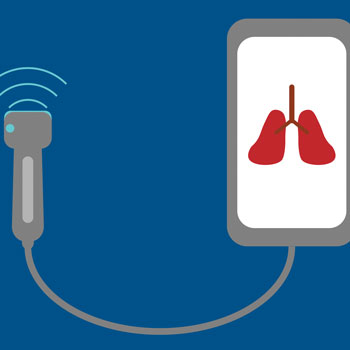FDA approves second generic form of mifepristone
This column reviews recent recalls, alerts, and approvals.
Recalls and warnings
A notification from Boston Scientific that certain Endotak Reliance defibrillation leads with expanded polytetrafluoroethylene-coated coils may incur calcification that impacts shock efficacy and/or requires early replacement. A total of 386 serious injuries and 16 patient deaths have been reported to be associated with this issue.
A class I recall of certain ViziShot 2 FLEX (19G) products by Olympus due to a potentially deformed atraumatic tip. Devices manufactured before May 12, 2025, may have this defect, causing hypotube component ejection and/or detached plastic components, both of which could lead to components entering patients' airways, requiring intervention for removal. There have been 40 reported injuries and one death related to this issue.
A notification to update the software of certain t:slim X2 insulin pumps by Tandem Diabetes Care due to a speaker-related issue that can trigger an error, which will stop insulin delivery and render the pumps no longer operational. There have been 59 reported injuries and no reports of death.
A class I recall of certain DreamStation auto CPAP and auto BiPAP devices by Philips Respironics due to a programming error introduced during rework by a supplier, which may result in incorrect therapy modes (e.g., BiPAP configured as CPAP), limited pressure, unavailable features, or improper sensor/humidifier function. There have been three reported injuries and no deaths.
A recall of kits containing Medtronic DLP left heart vent catheters because they may not retain their shape. Medtronic has reported three associated serious injuries and no deaths.
A recommendation to update the software on electric wheelchairs by Mo-Vis BVBA because a firmware error with R-net joysticks can cause the wheelchairs to ignore the neutral setting and unexpectedly move. There has been one reported injury and no reports of death related to this issue.
A labeling correction by 3M Company on the Ranger blood/fluid warming system. The current label does not specify the location of the temperature measurement and corresponding flow rate based on inlet temperature.
A notification to update the Dexcom G7 and Dexcom ONE+ apps due to an error that leads to a missed “Sensor Failed” alert when the sensor's transmitter encounters a hardware/firmware failure. The affected app ends the continuous glucose monitor sensor session, stops reporting glucose values, and displays the “Start sensor” screen or “No active sensor” message without alerting the user.
Miscellaneous
An announcement that the FDA is initiating the process for a label change for acetaminophen, suggesting that its use by pregnant women may be associated with an increased risk of neurological conditions such as autism and ADHD in children. The agency also announced it has initiated the approval of leucovorin calcium tablets (Wellcovorin) for a new indication, to treat patients with cerebral folate deficiency. Application for approval for this indication had previously been withdrawn at the request of the manufacturer.
A removal of the Risk Evaluation and Mitigation Strategies (REMS) program for vandetanib (Caprelsa), a thyroid cancer medication. After over more than a decade of oversight, REMS assessments reported no cases of torsades de pointes or unexplained sudden deaths among U.S. patients taking the drug, and clinical data showed no concerning patterns of heart rhythm problems.
Approvals
A second generic of mifepristone tablets, 200 mg, from Evita Solutions, LLC. The treatment is included in the mifepristone REMS program.
Expanded approval of von Willebrand factor (recombinant) (Vonvendi) for routine preventive use in adults with all types of von Willebrand disease (VWD) and on-demand treatment of bleeding episodes and perioperative use in children with VWD. Previously, the drug was approved only for on-demand treatment of bleeding episodes and perioperative use in adults and preventive use only in adults with type 3 VWD, the most serious type. The product received an orphan-drug designation.




